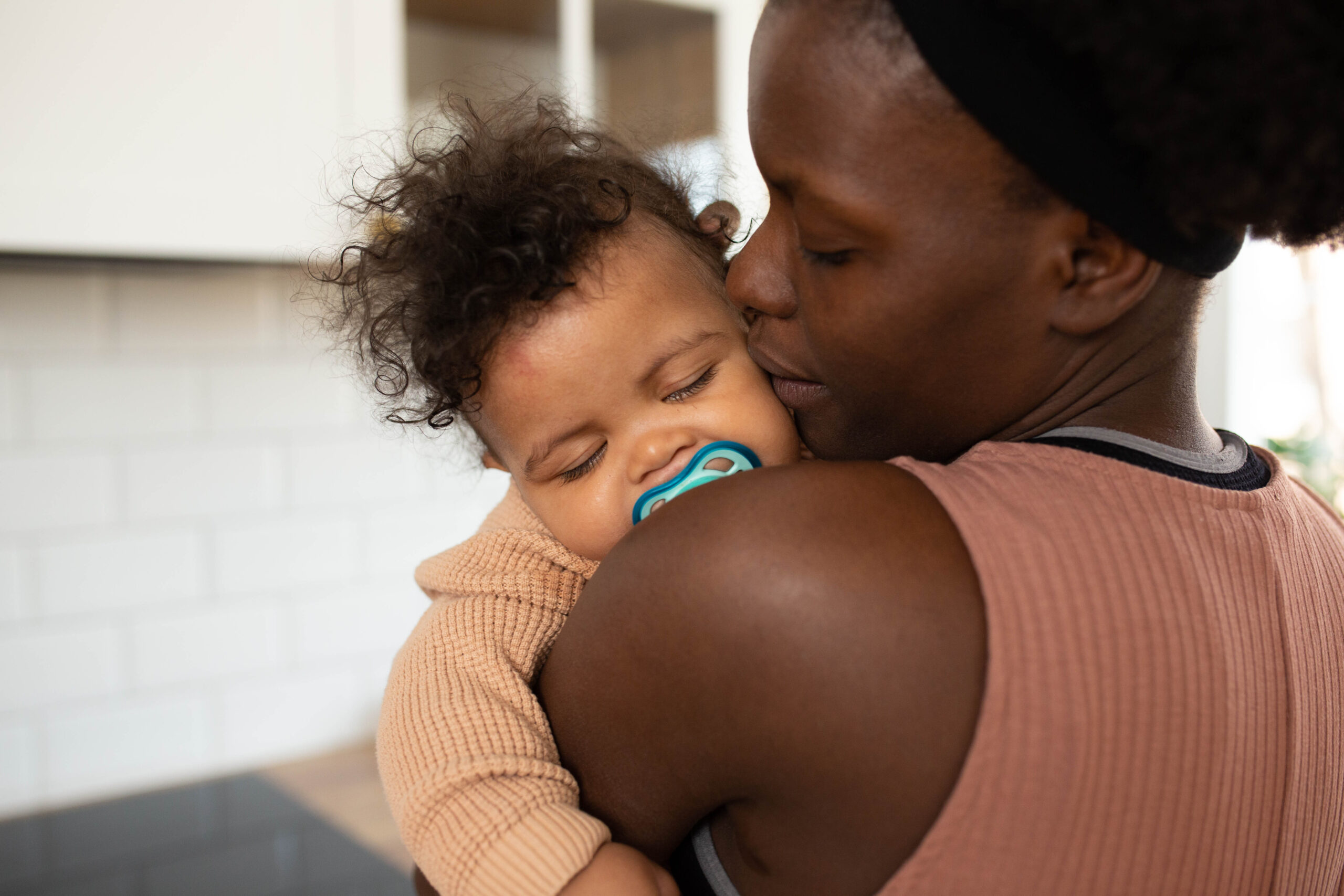There’s no denying that becoming a new parent is a stressful transition. With so many things that can go wrong, you can’t help but want to account for their every move. However, over-monitoring may create a fearful parent, rather than a safer child. It’s natural for parents to worry, but overdoing it can negatively impact your child in the long run. Constant surveillance can lead to anxiety issues in children, leading them to question their own safety.
Licensed midwife Allegra Hill, the co-founder of Kindred Space LA, spoke to 21Ninety, offering insight into how much is too much and how parents can navigate tracking their baby in a healthy manner.

21NINETY: What would you define as extreme baby monitoring?
ALLEGRA HILL: I would define extreme monitoring as collecting data about your normal healthy baby when it isn’t warranted. If you are noticing that monitoring the data is feeding your anxiety [or] you are feeling like a detective needing to read between the lines and find something wrong, [then] that’s anxiety.
21N: What do you commonly see new mothers “over-worry” about?
AH: A baby’s size, appetite, the rate at which they achieve milestones [and] saying words. Each child is different and will hit these milestones at their own pace. Attending a mom group can be helpful in talking with other moms to understand that all moms have worries about how their kids are developing and that there is a wide range of normal for milestones. Know who to speak to if you suspect there is a developmental delay. You are the primary caregiver for your child.
21N: What are some signs that your baby is developing healthily?
AH: Some signs that your baby is developing healthily is watching them be curious and continue to add abilities, be it verbal or physical. They are engaging with you and their world.
21N: Is there an age when the tracking should begin tapering down?
AH: I recommend tracking the first few weeks after birth to make sure the baby is able to eat what they need to grow and thrive. That is tracking their input and output. That information with expected weight gain is what you are looking for. After it’s established that feeding is well, your baby should be able to tell you when they are hungry. It’s not necessary to track.
The other time I recommend tracking is if your child has an illness or some kind of change in their normal routine. That is helpful information in case you have to let a pediatrician know about the changes your child is exhibiting.
21N: What’s one sacred tip you’d give to all worried new moms?
AH: My sacred tip is that you will learn your baby very well and even though your baby may not be able to speak, you can still communicate with them. Maternal instincts are very strong. Watch your baby and follow your gut. You will know if something is a miss without tracking every diaper and feed because you will know what is normal for your baby and you will also know what’s not normal for your baby.
This article has been edited and condensed for length and clarity.
